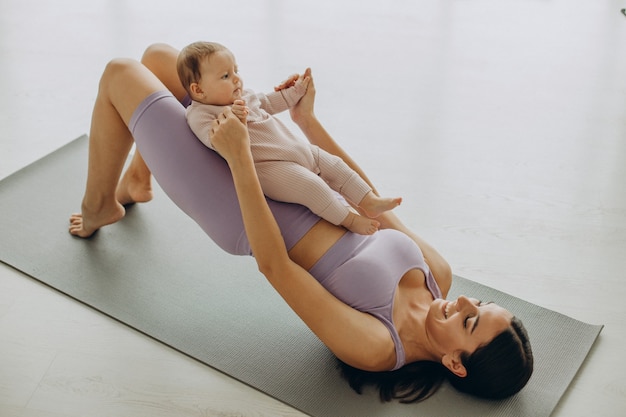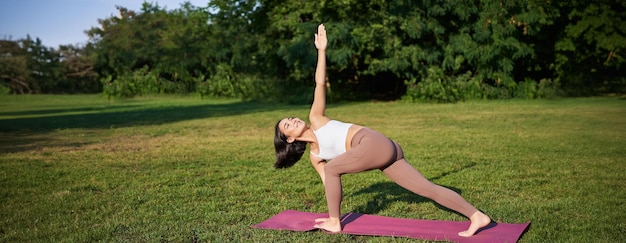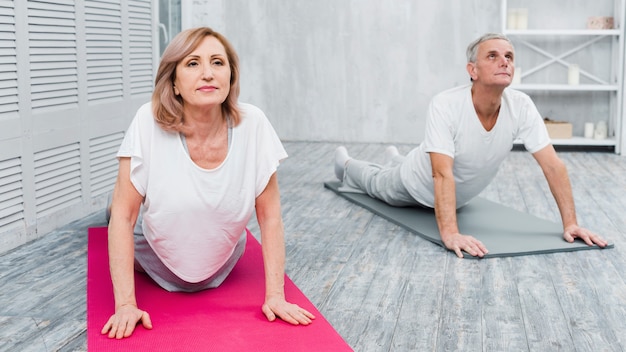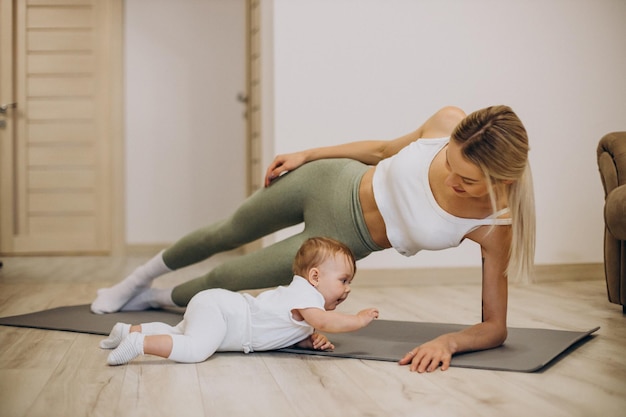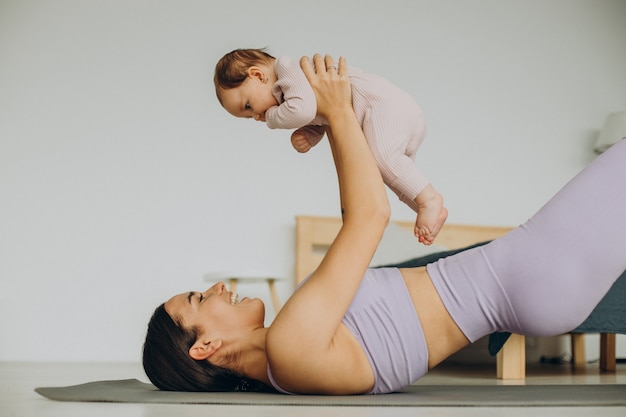The Minimalist Mom's Guide: A Real-Life Pregnancy & Postpartum Checklist
Becoming a new mom is life-changing—and overwhelming. Between prenatal appointments, baby registries, and endless advice, it’s easy to feel like you need everything under the sun to prepare. But the truth? You don’t. This comprehensive yet minimalist checklist is built for real life: simple, practical, and focused on what truly matters during pregnancy and postpartum—without the clutter.
Pregnancy: What You Actually Need
Pregnancy is not about accumulating gear. It’s about nurturing your body, preparing mentally, and setting up systems that support you. Here’s how to do it with less.
1. Essentials for Your Body
- Prenatal vitamins: A daily must. Look for one with folic acid, iron, and DHA.
- Comfortable clothing: Invest in a few maternity pieces—stretchy leggings, loose tops, and a supportive bra. You don’t need a full wardrobe.
- Hydration bottle: Staying hydrated helps with energy and reduces swelling.

2. Prenatal Care Made Simple
- Attend regular check-ups—most require only 10–15 visits total.
- Ask about virtual appointments for routine follow-ups to save time.
- Download a simple pregnancy app to track symptoms and milestones—no need for multiple tools.
3. Mental & Emotional Support
Your mental health is just as important as physical care. Practice mindfulness, journal when needed, and connect with other expectant moms—even online groups can help you feel less alone.
Preparing for Baby: Less Is More
You don’t need a nursery full of gadgets. Focus on the basics:
- Crib or safe sleep space: A firm mattress with a fitted sheet—no bumpers or loose bedding.
- Diapers and wipes: Start with a small pack of newborn size. You’ll likely get more as gifts.
- 2–3 onesies: Easy to wash and change. Avoid overbuying—babies grow fast.
- Car seat: One safe, properly installed car seat is non-negotiable.
- Swaddle blanket: Helps baby feel secure and sleep better.
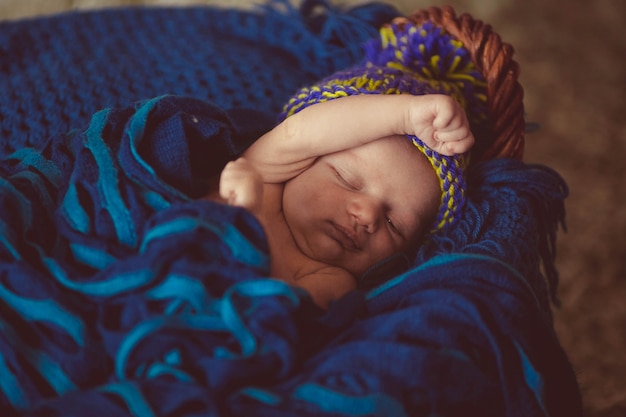
Postpartum: The Real Work Begins
The fourth trimester is about healing, bonding, and adjusting. Here’s how to make it manageable—with minimal gear.
1. Recovery Must-Haves
- Maxi pads (not tampons): Postpartum bleeding is normal for several weeks.
- Peri bottle: Gentle cleaning after using the bathroom—much more comfortable than wipes.
- Comfortable underwear: Disposable or high-waisted cotton for support.
- Pain relief: Follow your provider’s advice—often just acetaminophen or ibuprofen is enough.
2. Feeding Essentials
Whether you’re breastfeeding, chestfeeding, or using formula, keep it simple:
- One feeding pillow (optional): Helpful but not required—pillows from your bed work too.
- Nursing bras or tank tops: Easy-access clothing makes feeding easier.
- Water bottle: Hydration supports milk supply.
- Formula and bottles (if needed): Start with one or two bottles and a small container of formula.
3. Emotional Wellness
Mood changes are common. Watch for signs of postpartum depression—persistent sadness, anxiety, or disconnection—and reach out for help early. Support is strength.
Daily Routines That Work—Even on Little Sleep
With a newborn, time is fragmented. Build simple routines:
- Cluster feed during the day: Helps stretch nighttime sleep.
- Shower when baby naps: A small act of self-care with big mental health benefits.
- Prep meals in advance: Freeze soups, stews, or casseroles before delivery.
- Accept help: Let someone else do laundry, walk the dog, or bring dinner.
Minimal Gear, Maximum Support
You don’t need a closet full of baby gadgets. Skip the expensive swings, bouncers, and activity centers—at least at first. Babies thrive on closeness, not stimulation.
Instead, focus on:
- Wearing your baby: A simple wrap or carrier keeps baby close and frees your hands.
- Tummy time on your chest: No mat required—just skin-to-skin contact.
- White noise app: A free app on your phone can help baby sleep.
Final Thoughts: You’ve Got This
Motherhood isn’t about perfection. It’s about presence. This checklist is designed to help you focus on what matters—your health, your baby, and your peace of mind—without the pressure to buy more or do it all.
You don’t need everything. You just need what supports you. And that looks different for every mom. Keep it simple. Trust yourself. You’re already enough.







